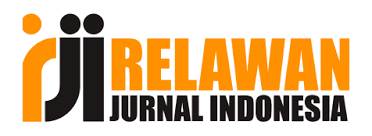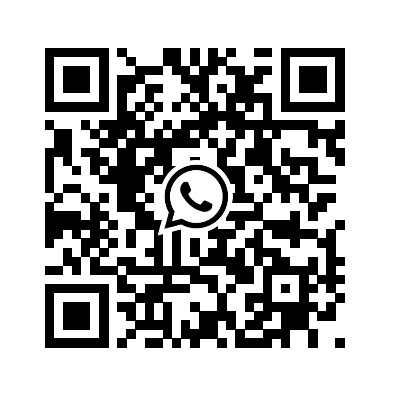Dampak Intervensi Kebersyukuran(Gratitude Intervention) Kesejahteraan Mental Mahasiswa Selama Covid-19: Studi Kuasi-Eksperimental
DOI:
https://doi.org/10.56013/jcbkp.v5i2.1632Abstract
Gratitude interventions, in which participants engage in short activities designed to build gratitude on a regular basis, are acknowledged to be among the most successful psychological interventions. Previous study has demonstrated that thankfulness therapies (gratitude interventions) improve mental well-being, which may be useful for college students during the COVID-19 pandemic. The purpose of this quasi-experimental study was to see if gratitude interventions will improve student mental health during the COVID-19 pandemic. The mental well-being of participants (N = 150) was examined before and after 10 weekly gratitude reflection journals and statistically compared to the control group (N = 150). The data was analysed using analysis of covariance (ANCOVA). When compared to the control group, the treatment group had significantly higher well-being after the gratitude intervention (Cohen's d = 0.74). The treatment group considerably rose (Cohen's d = 0.35) while the control group dramatically dropped (Cohen's d = -0.41). Even amid crises like the COVID-19 pandemic, gratitude interventions can be helpful in improving students' mental health. Gratitude interventions tend to be appropriate for promoting mental well-being in students who are experiencing transitory mental problems such as pandemics or other types of crises.
Keywords: Welfare; Student Mentality; Covid-19















